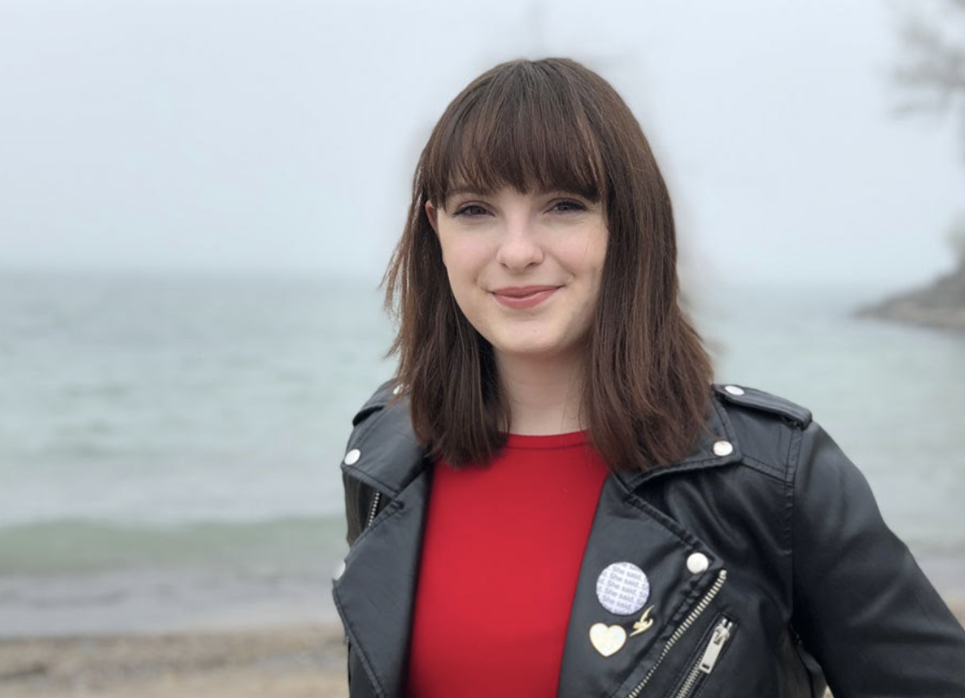Kasha Sequoia Slavner: Director of 1.5 Degrees of Peace and Founder of the Global Sunrise Project

Name:
Kasha Sequoia Slavner
Age:
24
Occupation:
Documentary Filmmaker
Name:
Kasha Sequoia Slavner
Age:
24
Occupation:
Documentary Filmmaker
My climate origin story:
I grew up with a single mom and she was kind of a strong activist in her own right. She would bring me along to all of her gatherings when I was little. By listening to the people that she surrounded herself with: social justice advocates, feminist groups, and a lot of environmental groups, allowed me to absord those conversations and values. When I turned 14, I went to my very first gender equality conference of the United Nations, which was called the Commission on the Status of Women. As a young person who cared about the world around me, it was eye opening to learn that what I was seeing on the news was very one sided and wasn’t uplifting the stories of people who were really trying to transform their communities. It wasn’t showcasing how everyday people could make a difference despite all of these really overwhelming challenges that our world is faced with. That conference really sparked me to think about what I could do to create change and empower others to do the same. Through storytelling, I felt I could bring these stories to life and maybe empower others to take action too.
A useful skill of mine:
Thinking back on it now, I've always been a quiet, shy, and introverted person that was quite interested in sitting back and observing. That side of my nature helps me to go into my work with a lot of sensitivity and mindfulness about the way that I tell stories and the way that I connect with people. I really want to be mindful about not imposing narratives on people, so it’s important to me to create a space where people can tell their own story. It surprised me that that is an integral part of what I do and my ability to be a filmmaker. With a lot of professions, it requires you to be more extroverted or play up a different side of your personality. It surprised me how valuable it is to let the most intuitive side of myself take the front seat when I’m filmmaking.
A piece of advice:
Something that I'm always conscious of, especially because I'm a filmmaker from the Global North, is trying to uplift the stories of those in the Global South. I think filmmaking is more of a collaborative process to me rather than imposing your own bias or your own narratives on other communities. I think filmmaking is my act of activism, the way that I hope to make change in the world. I want to be mindful of not just doing fly-in filmmaking. That is something that can happen a lot in the documentary field, going to a location for a very short period of time and extracting stories. So how can you really immerse yourself in a community? How can you gain trust? How can you build partnerships? This also comes into the post film-like impact, where I want to co-create call to action strategies or things that people can take action on. For that you have to understand what is most important to the communities that we're working with. How your own privilege plays into the stories that you’re telling is something that I’m very mindful of and that I want to caution other storytellers to be mindful of too.